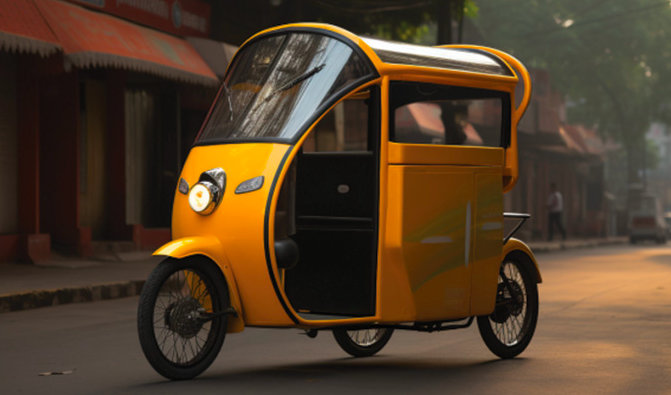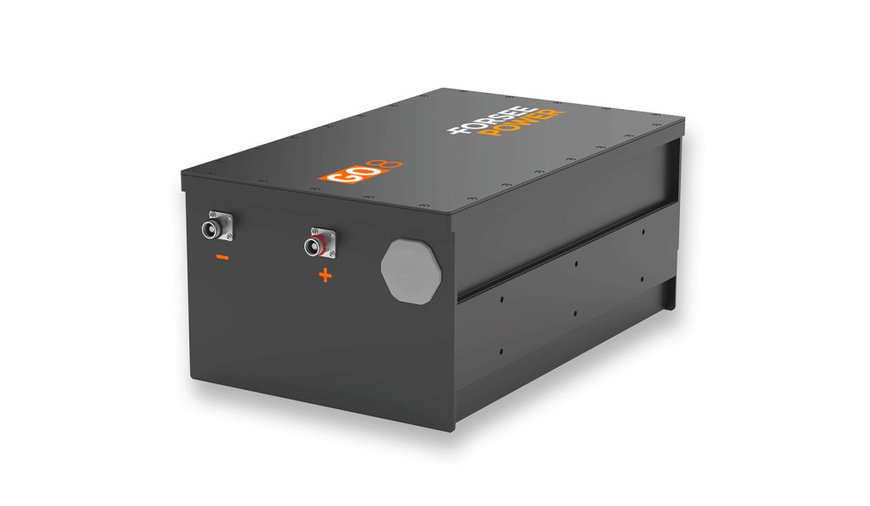www.industry-india.com
17
'23
Written on Modified on
Forsee Power News
FORSEE POWER'S GUIDE TO BATTERIES FOR LIGHT ELECTRIC VEHICLES IN INDIA
To ensure that light electric vehicles meet safety and performance standards, AIS 156 certification has become a crucial element. The Indian government actively supports AIS 156 certification as a key component of its electric mobility strategy.

India is one of the fastest-growing electric mobility markets in the world. Increasing urban congestion, air pollution, and environmental concerns have prompted the Indian government to encourage the adoption of electric vehicles with the FAME 2 program supporting the purchase of electric vehicles including three, four wheelers and buses. The benefits of these vehicles include a reduction in greenhouse gas emissions, reduced dependence on fossil fuels, and lower operating costs.
What is AIS 156 certification and why is it important?
This AIS 156 certification, issued by the Automotive Research Association of India (ARAI), signifies that the LEV meets the necessary standards and requirements set by the government.
For manufacturers, it demonstrates their commitment to producing high-quality LEVs that comply with the stringent safety norms laid down by the authorities.
From a consumer perspective, AIS 156 certification provides assurance that the light electric vehicle they are purchasing has undergone rigorous testing and meets the necessary safety standards. As a major component, the battery solution must be AIS 156 certified.
Understanding the certification process
To initiate the AIS 156 certification process, manufacturers and suppliers must submit an application to the concerned authority, along with the necessary documentation. The application undergoes a comprehensive review to ensure that all required information is provided.
The certification process involves various tests and inspections conducted by authorized testing agencies.
It is important to note the certification process is continuously evolving to keep pace with technological advancements and industry developments.
This ensures that the certification remains relevant and effective in promoting the growth of the Indian electric vehicle industry while ensuring the safety and satisfaction of consumers.
Overview of the AIS 156 certification requirements
The AIS 156 certification requirements encompass a wide range of safety and performance parameters that electric vehicles must meet to obtain certification. These requirements are designed to ensure the overall safety, reliability, and efficiency of electric vehicles in India.
Some of the key certification requirements include electrical safety, thermal propagation, mechanical strength and water protection, braking performance, and electromagnetic compatibility. These aspects are thoroughly tested to ensure that the electric vehicle meets the necessary standards and poses no risks to the users or the environment.
Forsee Power batteries for light vehicles are AIS 156 certified
Both GO 8 and GO 10 LFP battery solutions received AIS 156 (Amendment 3 – Phase 2) certification. It took large assistance from the R136 UNECE standard in Europe.

With the GO 8 and GO 10 batteries also complying with other stringent standards such as R10, R136 and UN38.3, Forsee Power proves once again that it is fully dedicated to delivering the safest and most reliable battery solutions to its customers independently of geographical areas.
- IP 67 rating for water and dust protection,
- Successful completion of thermal runaway propagation test without any indication of fire or explosion,
- An audible/visual warning that promptly alerts the user in the unlikely case of a thermal incident

